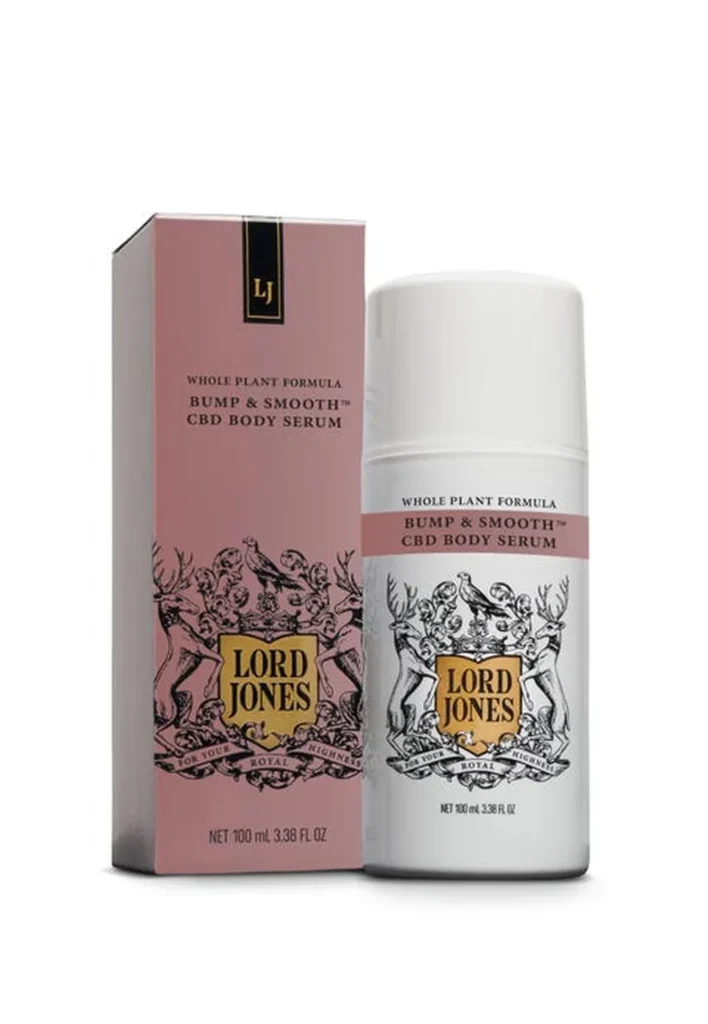In a groundbreaking study published in the journal ‘Plants’, researchers have uncovered a promising new tool for sustainable agriculture: water extracts from industrial hemp inflorescences. The research, led by Ivana Varga from the Department of Plant Production and Biotechnology at the Faculty of Agrobiotechnical Sciences Osijek, explores the potential of these extracts to boost growth and antioxidant capacity in oilseed pumpkin, offering a glimpse into a more eco-friendly future for farming.
The study, titled “Hemp Inflorescence as a Sustainable Biostimulant Tool to Boost Growth and Antioxidant Capacity in Oilseed Pumpkin,” investigated whether water extracts from industrial hemp inflorescences could influence the germination and early growth of hull-less oilseed pumpkin (Cucurbita pepo L.). The results were striking. While the total germination rate remained unchanged, the sprout vigor index and biomass saw significant increases at concentrations of 2.5% and 5.0% of the extract. “The average root length of the pumpkin sprouts was 14.19 cm, and the stem length was 5.45 cm,” Varga noted. “But with the 2.5% and 5.0% extracts, the stem length more than doubled, and the fresh mass of the sprouts increased by about 35% compared to the control.”
The implications for the agriculture sector are substantial. As the demand for organic and sustainable farming practices grows, farmers are constantly seeking innovative solutions to enhance crop yield and quality without relying on synthetic chemicals. Hemp inflorescence water extracts could be a game-changer, offering a natural and sustainable alternative to traditional biostimulants.
The study also revealed that the extracts significantly influenced the chlorophyll and carotenoid content of the pumpkin sprouts, which are crucial for photosynthesis and overall plant health. Moreover, the antioxidant activity of the sprouts, measured by the FRAP method, increased by an average of 36% across all treatments compared to the control. “This suggests that hemp inflorescence water extracts not only promote growth but also enhance the nutritional value of the crops,” Varga explained.
The commercial potential of this research is vast. As consumers become more health-conscious and environmentally aware, the demand for organically grown, nutrient-rich produce is on the rise. Farmers who adopt this biostimulant could potentially command higher prices for their crops, while also contributing to more sustainable agricultural practices.
Looking ahead, this research could pave the way for further exploration into the use of hemp and other plant extracts as biostimulants. As Varga and her team continue to delve into the mechanisms behind these effects, the agricultural industry may soon witness a shift towards more natural and sustainable growth-enhancing solutions. The study, published in ‘Plants’ and led by Ivana Varga from the Faculty of Agrobiotechnical Sciences Osijek, represents a significant step forward in the quest for greener, more efficient farming practices.

